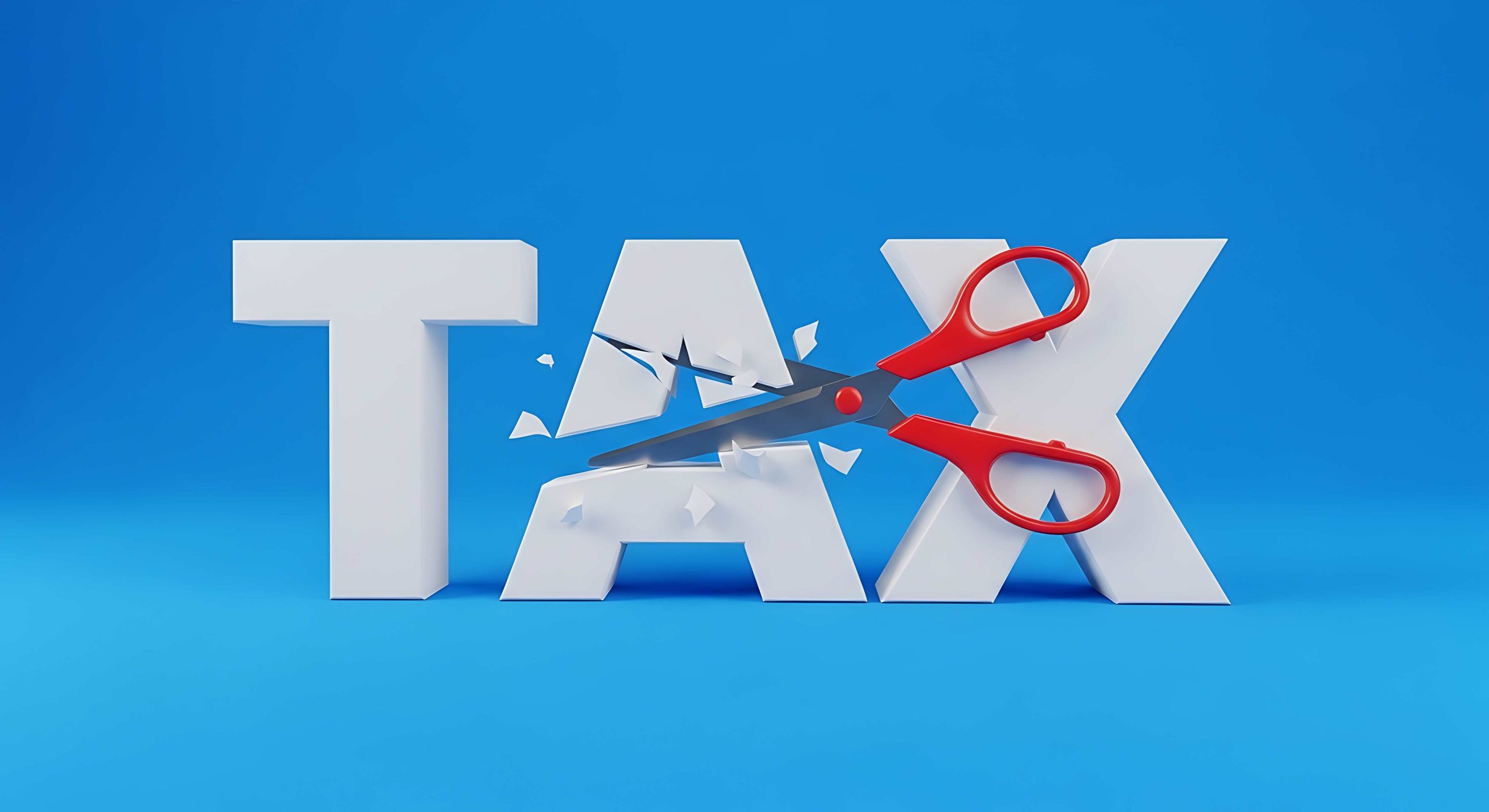On March 18, the Internal Revenue Service issued Notice 2020-17, Relief for Taxpayers Affected by Ongoing Coronavirus Disease 2019 Pandemic, which provides relief from penalty and interest for individual taxpayers affected by the COVID-19 emergency.
The Notice defines affected taxpayers as “any person with a Federal income tax payment due April 15, 2020.” For those affected taxpayers whose Federal tax liability is below a threshold amount ($10 million and under for corporations and $1 million and under for individuals, trusts, and estates), they may pay their Federal tax liability by July 15, 2020, without incurring any penalties or interest.
It is important to note that the Notice states explicitly the due date for filing the returns is still April 15, 2020. This also means that other April 15 deadlines, such as making an IRA or Roth IRA contribution, must also be completed no later than April 15, 2020.
The July 15 date also applies for taxpayers making their estimated tax payment, originally due April 15, 2020.
Some uncertainties remain.
- How will taxpayers who wish to take advantage of this change do so? Will an extension need to be filed, or will the return be filed without payment and remitted subsequently, before July 15?
- Will individual states follow the lead of the IRS? As of the writing of this article, New York State and New Jersey have not announced any plans to extend the date for paying state taxes. New York State representatives have sent a letter to IRS Commissioner Charles P. Rettig asking the IRS to extend the national filing date past April 15.
- Some taxpayers have already submitted their tax returns electronically and asked to have funds debited from their bank accounts to pay their tax bills. Will they be able to modify that authorization to a later date?
We continue to monitor this situation and will provide additional details as they become available.



